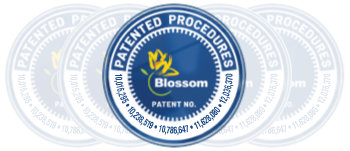With Jeni Dillion, Registered Dietitian
A New Year often inspires individuals to make a change. Whether you have already begun this change or not, it is useful to set goals for yourself to help keep you motivated along the journey. Here are some tips on how to set SMART goals
S – Specific
M – Measurable
A – Attainable
R – Relevant
T – Timely
A Specific goal should emphasize what you want to happen and should be able to answer one of these three questions: What do you want to accomplish? Why is this important? How are you going to do it?
Measurable goal, examples include “I will eat breakfast every day” -or- “I will walk 1 mile, 5 days per week”.
Attainable goals can be achieved, and should also be flexible. An example of an attainable goal is “I will lose 1 lb per week through proper diet and exercise”, whereas “I will lose 20 lbs in one week” in an example of an un-attainable goal.
Relevant goals should be “do-able” and should include devising a plan or a way of getting to that goal. For example, “I will plan my meals every week”, “I will bring my lunch to work rather than purchasing fast food”.
Finally, Timely goals help to break larger goals into short and long-term goals. For example, a long term goal may include “I will lose 40 lbs this year”, a short term goal may be “I will lose 4 lbs each month” and “I will lose 1 lb per week”.




